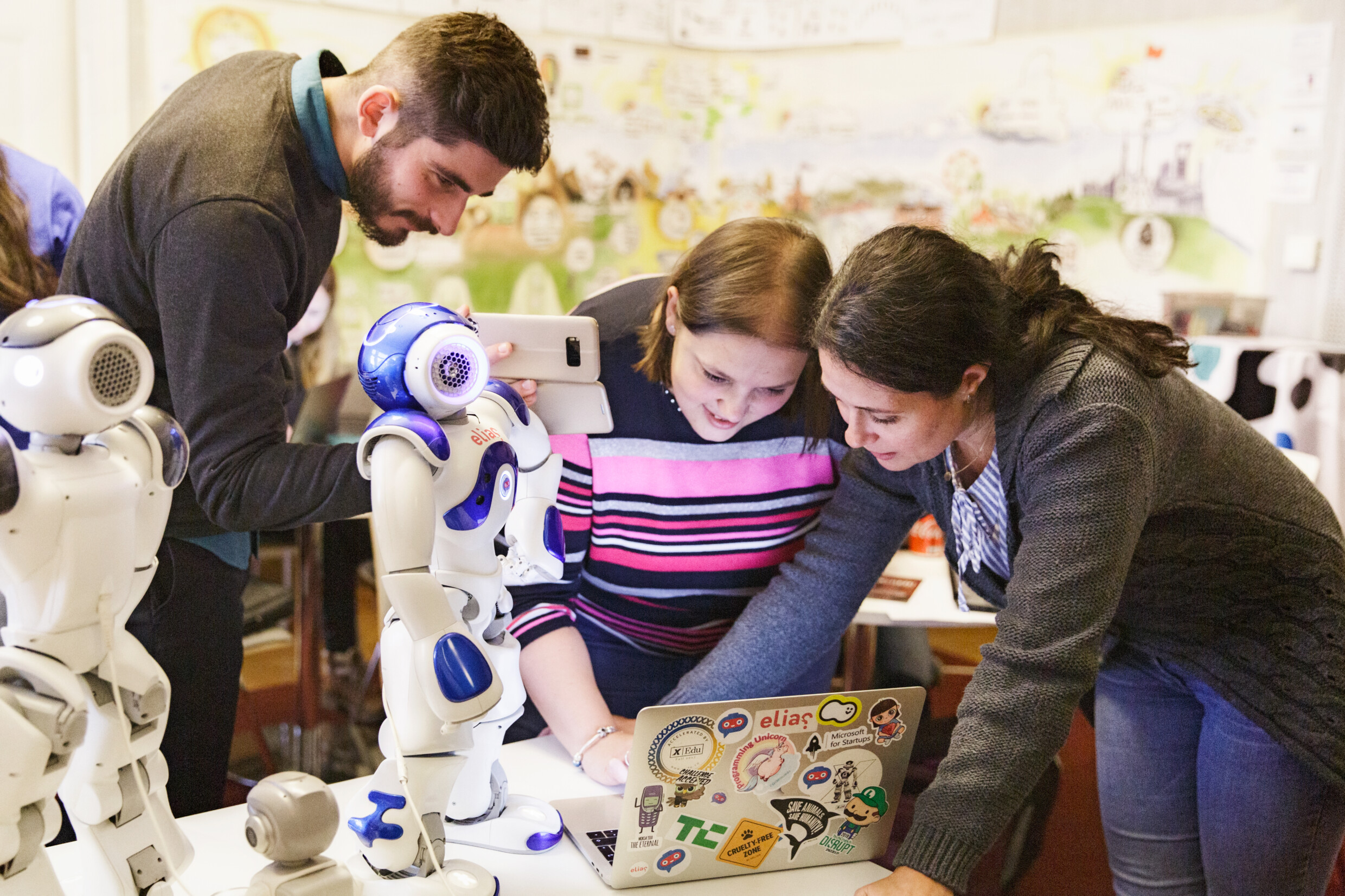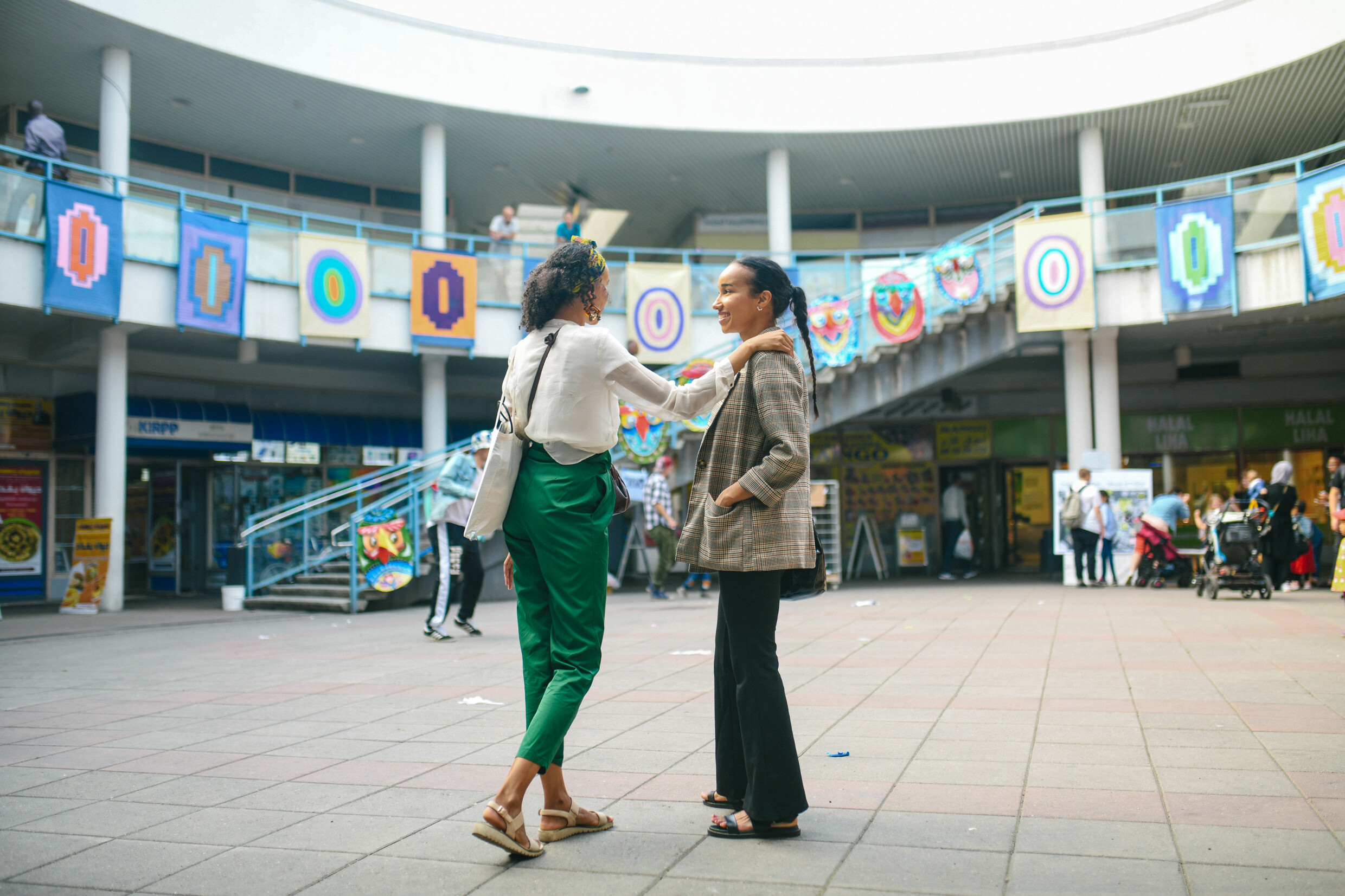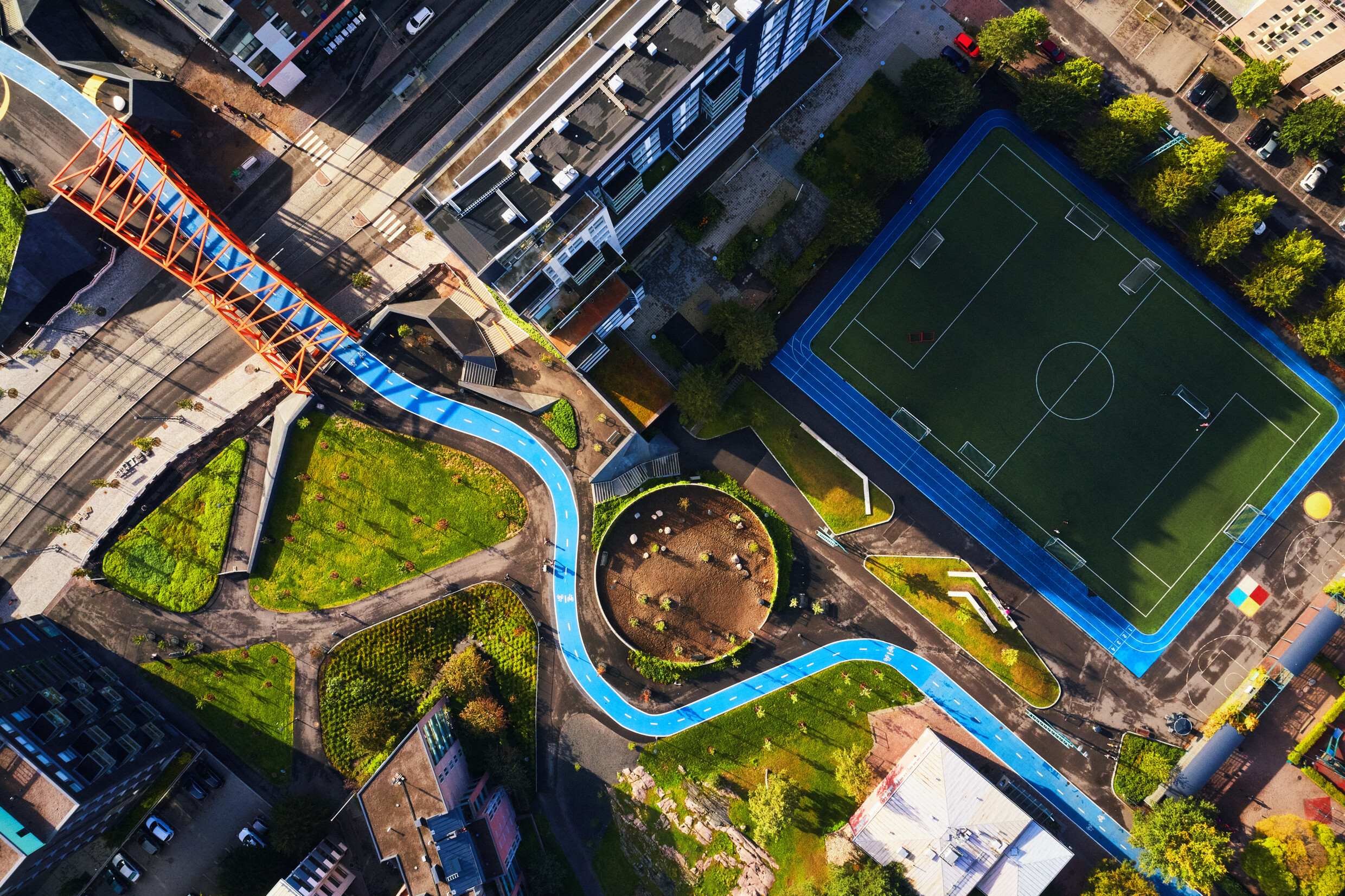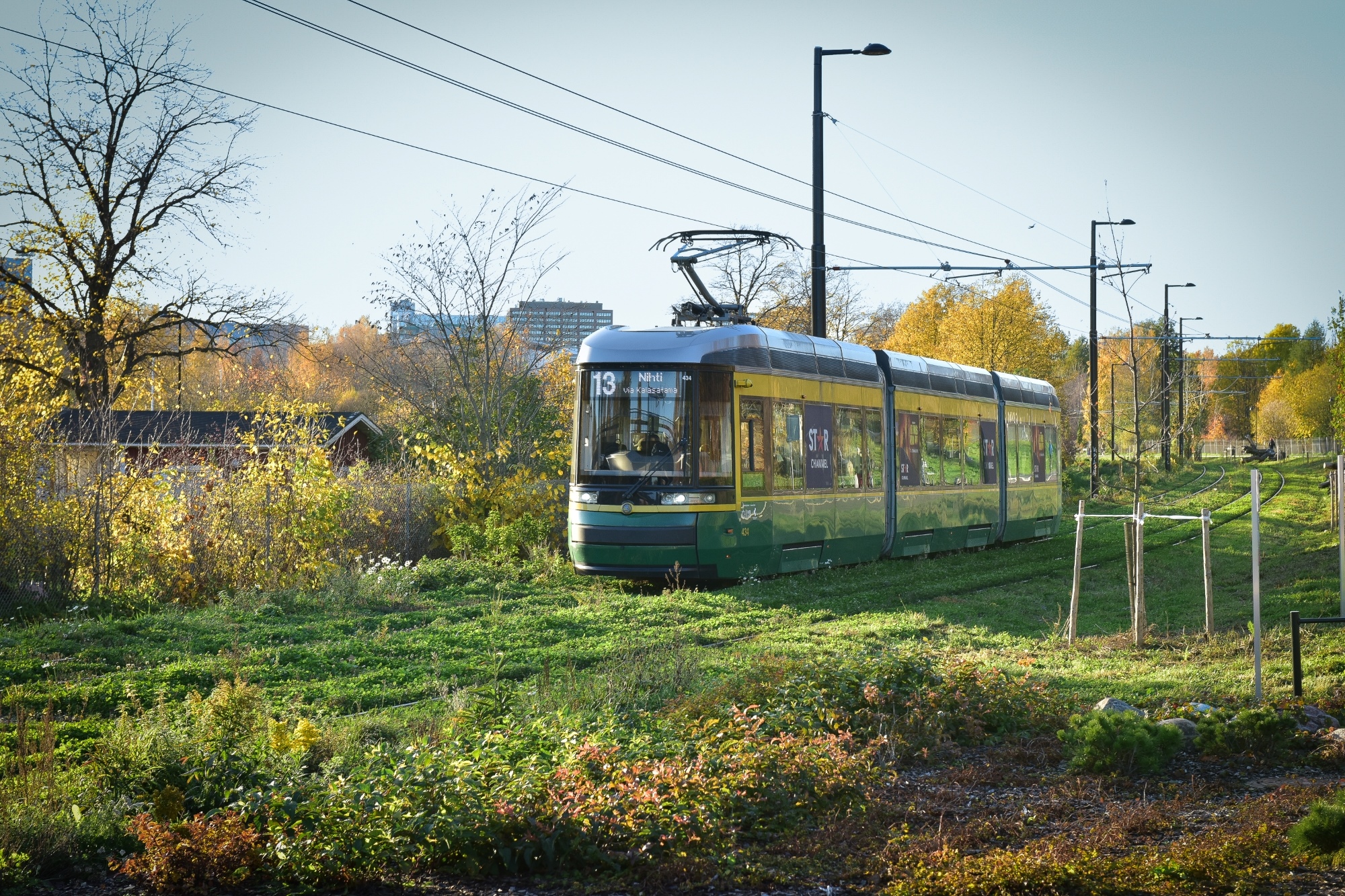The perspective of sustainable economy is broad and linked to a number of different Sustainable Development Goals.
The main sustainable economy SDGs are related to poverty, work and livelihoods, consumption, and industry and innovation. Under the theme of sustainable economy, we also discuss the themes of sustainable housing, construction and traffic.
Helsinki’s economy is strong, and we are globally at a good level on many goals, although the COVID-19 pandemic, inflation and the Finnish Government’s cuts have taken their toll on the financial situation of the city’s residents and local businesses. The City can promote sustainable economy through a variety of means, such as economic development policy, urban development and marketing, procurement and employment services. In particular, Helsinki’s challenges have to do with sustainable consumption, employment and the coming together of labour, as well as the increasing income disparities and debt among households. The transition to a circular economy and low-carbon society requires significant investments, and for it to succeed, sustainability needs to be even more strongly integrated into financial and operational planning.


Livelihoods and employment
Helsinki’s challenges have to do with relative poverty caused by high living standards and costs, perceived income adequacy and increasing poverty of families with children. Helsinki is better placed than most other Finnish municipalities and cities to meet the challenges ahead, even though demographic changes are starting to hamper growth in Helsinki as well.
Read more

Industry and innovation
The most important prerequisite for Helsinki’s vitality is a well-functioning city. The bedrock of competitiveness is formed by high-quality services, cleanliness, accessibility, safety, liveliness, equality and other things that enhance the quality of life of residents. Every division and individual employee of the City of Helsinki influences the city’s vitality with their daily work. Helsinki has a strong economy and competitiveness and is investing in research and development and business services in a variety of ways.
Read more

Housing and communities
Vibrant neighbourhoods offer the opportunity for a good and active life, based on safe and pleasant housing and urban space. Good planning and smooth mobility ensure a well-functioning daily life. An inspiring, high-quality and diverse cultural life is a key part of the city’s vitality and comfort and essential for well-being. Helsinki’s new Implementation Programme on Housing and Related Land Use aims to ensure this.
Read more

Sustainable urban structure
Sustainable infrastructure is the foundation of a city. Helsinki should still invest in particular in environmental health, climate-friendly and adaptive planning, and the promotion of clean technologies and nature-based solutions. Helsinki’s infrastructure is functional, and construction and traffic planning are constantly improving.
Read more

Responsible procurement and circular economy
Responsible procurement reduces negative impacts on the environment and promotes positive impacts. The City can also support the creation of responsible markets by leading the way in the development and implementation of new solutions that are energy- and material-efficient and promote the circular economy and the preservation of biodiversity.
Read more

Sustainable tourism, events and urban marketing
The tourism and event industry is a key part of Helsinki’s vitality as the capital. Sustainability has also been put at the forefront of the development of tourism, events and city marketing in Helsinki. As a result, Helsinki has performed well in international sustainable tourism comparisons.
Read more